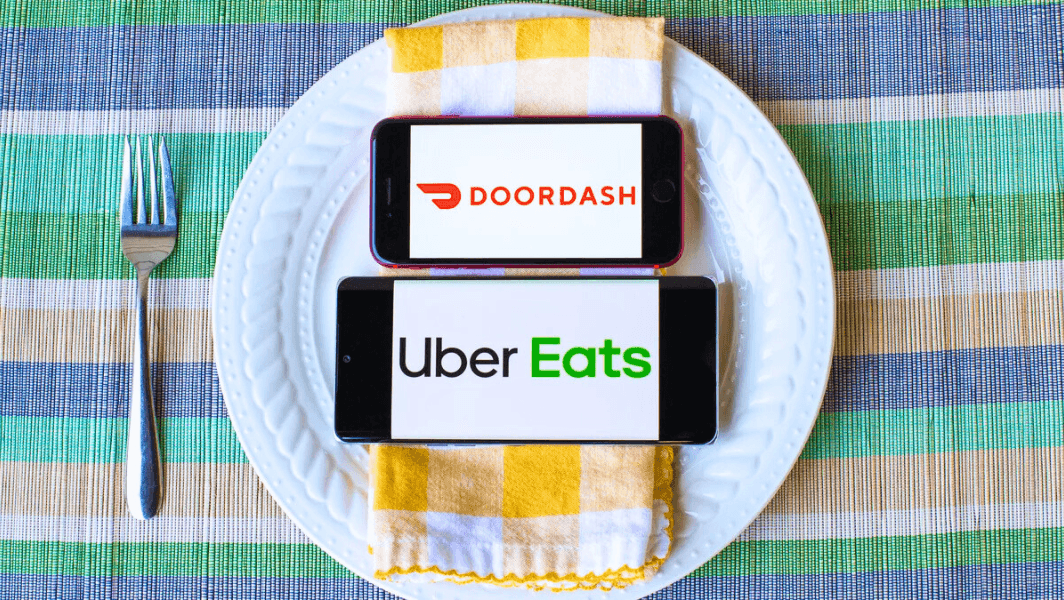
Uber Files Lawsuit Against DoorDash Alleging Anticompetitive Practices
Allegations of Coercive Tactics
Uber Technologies has initiated legal action against its primary competitor, DoorDash, accusing the company of engaging in anticompetitive practices that inflate costs for both restaurants and consumers. The lawsuit, filed in California Superior Court in San Francisco, asserts that DoorDash coerces restaurants into exclusive delivery agreements by threatening increased commission rates if they collaborate with Uber Eats. Uber contends that these tactics have resulted in significant financial losses and have hindered the growth of its Uber Direct service.
DoorDash's Response
In response to the allegations, DoorDash has dismissed Uber's claims as baseless. A spokesperson for DoorDash stated, "Uber's case has no merit. Their claims are unfounded and based on their inability to offer merchants, consumers, or couriers a quality alternative."
Impact on the Food Delivery Industry
This legal dispute highlights the intensifying competition within the food delivery sector, especially in the post-pandemic landscape. DoorDash currently holds a dominant 63% share of the U.S. market, while Uber accounts for approximately 25%. Both companies have reported profitability in recent quarters, with DoorDash achieving its second profitable quarter since going public in 2020 and Uber Eats showing increasing profitability alongside its ride-sharing operations.
Seeking Legal Remedies
Uber is pursuing unspecified damages and a court injunction to compel DoorDash to cease the alleged anticompetitive practices. The outcome of this lawsuit could have significant implications for the operational strategies of food delivery services and their relationships with restaurant partners. Industry observers are closely monitoring the case, as it may set a precedent for how competitive practices are regulated in the rapidly evolving food delivery market.
For any enquiries or information, contact info@thelawreporters.com or call us on +971 52 644 3004. Follow The Law Reporters on WhatsApp Channels